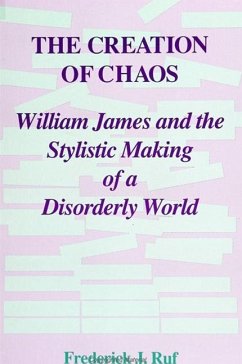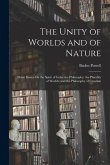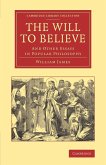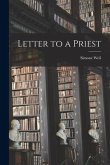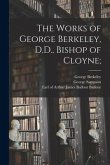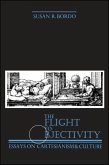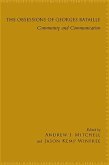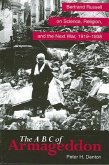This is the first book-length study of William James' style, arguing that the manner in which James writes The Principles of Psychology and The Varieties of Religious Experience serves to construct a chaotic world for his readers. The book examines the uses of chaos in western literature and philosophy and reaches two conclusions: that chaos may be "utter confusion and disorder," but, paradoxically, that disorder is communicated through some particular order -- in Joyce's term, all chaos is "chaosmos." Secondly, what is essential about chaos is what it does: nothing is inherently chaotic, rather chaos is used to contrast with or challenge something that is more structured or formed. Finally, the author presents an examination of the religious function of James' chaotic worldview as a disorientation which orients.
Hinweis: Dieser Artikel kann nur an eine deutsche Lieferadresse ausgeliefert werden.
Hinweis: Dieser Artikel kann nur an eine deutsche Lieferadresse ausgeliefert werden.

